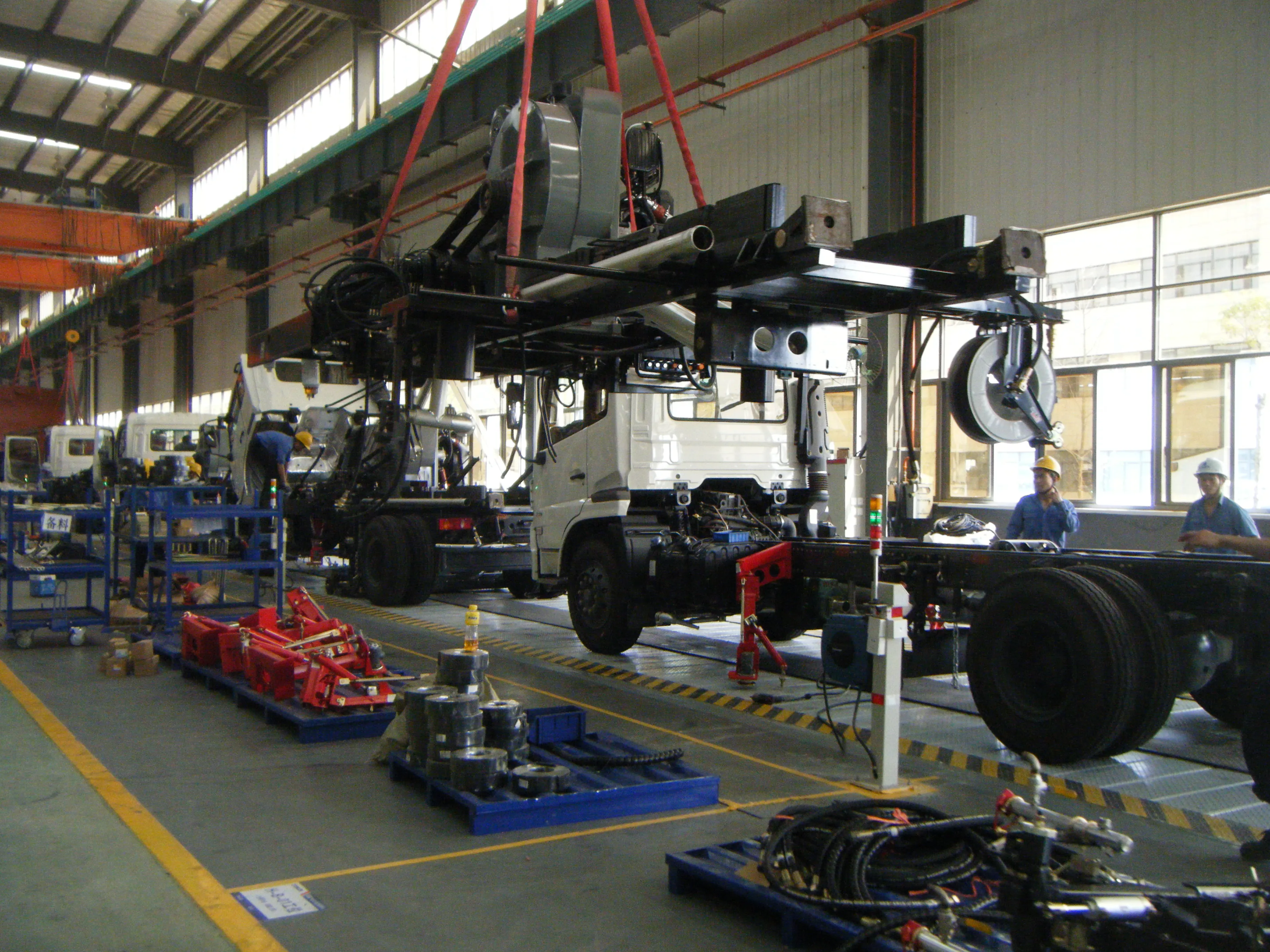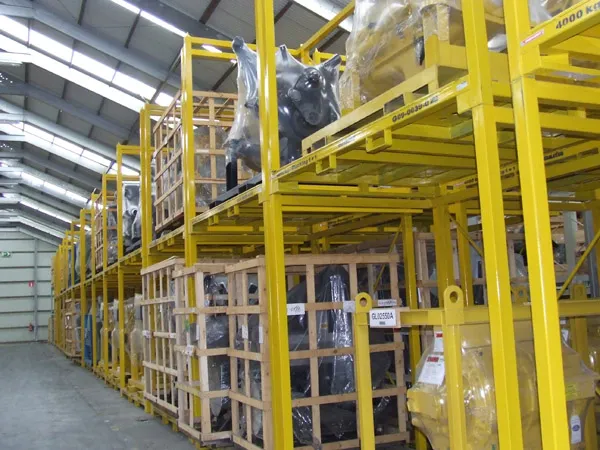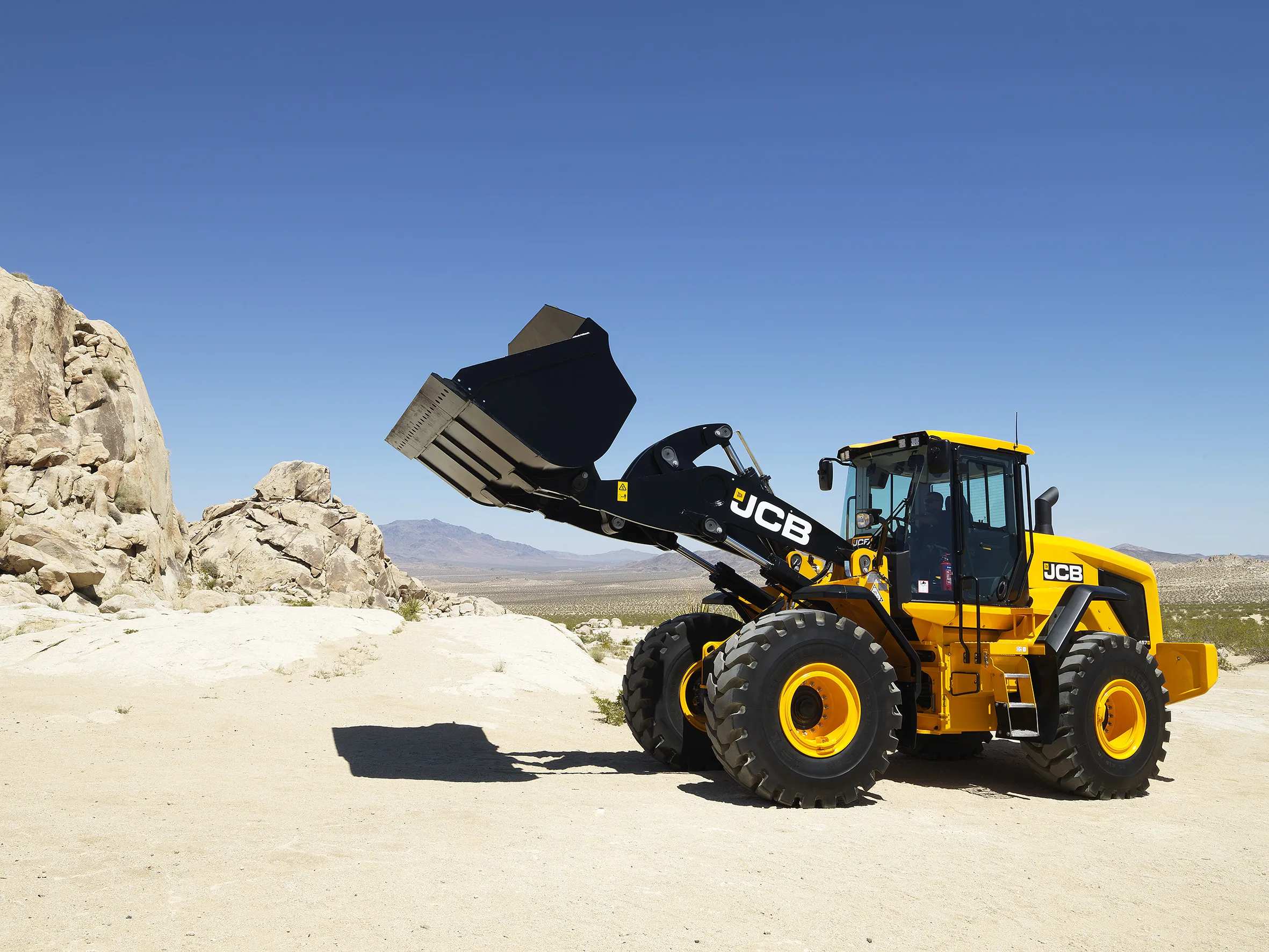German construction equipment manufacturers say that they achieved better results than the overall world market for machines during 2015. While German manufacturers’ sales developed positively in this industry, the global market experienced a double-digit downturn. “German companies were not as much affected by the severe downturns, such as in China, Latin America and Russia. Instead, we participated in the above-average positive developments of the European, Middle East, and North American markets,” said J
March 17, 2016
Read time: 3 mins
German construction equipment manufacturers say that they achieved better results than the overall world market for machines during 2015. While German manufacturers’ sales developed positively in this industry, the global market experienced a double-digit downturn. “German companies were not as much affected by the severe downturns, such as in China, Latin America and Russia. Instead, we participated in the above-average positive developments of the European, Middle East, and North American markets,” said Johann Sailer, chairman of the 1188 Construction Equipment and Building Material Machinery Association within the 1331 VDMA.
Prospects for 2016, however, are mixed. Construction equipment manufacturers are expecting positive stimuli for their business in Southern and Central Eastern Europe and believe that the high-volume markets of Germany, UK, Scandinavia and Benelux will remain robust. Internationally, it is particularly the Indian market that is giving rise to hopes.
At the same time the risks are increasing, as a large number of uncertainties is being created by political and violent conflicts, excessively low oil and raw material prices with all their implications and numerous unsolved economic crises. “These risks,” said Sailer, “do not affect every market in the same way, and depending on where a company has its main business activities, it will be affected to a greater or lesser extent.”
As in the last two years, very little can be expected from Russia. The same is true for Latin America and China which is no longer the largest market in the world. Two former growth poles – North America and the Middle East – will experience the direct and indirect effects of oil and gas prices and will not continue to develop as positively as they did in the last years.
There is still room for cautious optimism according to the VDMA. Against this backdrop of enormous uncertainties, it would be wrong to take growth for granted on an individual company level in 2016. The industry as a whole, however, is expecting a slight sales increase of 3%. This would be the third consecutive year of growth – and a strong success in a difficult global environment. "As manufacturers, we always feel positive about a year where there is bauma, and approach it with a good deal of optimism,” said Sailer.
The exhaust emissions debate is putting rapid modernisation at risk. And a major backlash can be expected from the political debate on exhaust emissions. According to the latest plans drawn up by Berlin’s Senate Department for Urban Development and the Environment, all construction equipment will need to be colour-coded to indicate its emission level. This is already being done for cars. When applied to construction equipment, however, the new regulations are threatening to put a stop to any modernisation. Machinery equipped with extremely complex and expensive exhaust emission after-treatment will be put in a worse position than old machines retrofitted with diesel particle filters (DPFs) which only achieve good values when it comes to particulate emissions. The city state of Berlin will commit an environmental error, as the pollution caused by such outmoded machinery is several times higher. Moreover, it is twice as noisy, uses about 15% more fuel and emits over 90% more nitrogen oxides.
The managing director of the VDMA, Herr Schmid, also sees this development as a direct consequence of the DPF retrofit debate, fuelled by Germany’s environmental organisation Deutsche Umwelthilfe (DUH): “Retrofitting can never be a satisfactory solution. It impedes the placing of state-of-the-art, environment-friendly equipment on the market. It has long been standard practice to ignore economic arguments, but we are now seeing a totally new level, where comprehensive environmental protection is being sacrificed to one-eyed arguments that focus on isolated details.”
Prospects for 2016, however, are mixed. Construction equipment manufacturers are expecting positive stimuli for their business in Southern and Central Eastern Europe and believe that the high-volume markets of Germany, UK, Scandinavia and Benelux will remain robust. Internationally, it is particularly the Indian market that is giving rise to hopes.
At the same time the risks are increasing, as a large number of uncertainties is being created by political and violent conflicts, excessively low oil and raw material prices with all their implications and numerous unsolved economic crises. “These risks,” said Sailer, “do not affect every market in the same way, and depending on where a company has its main business activities, it will be affected to a greater or lesser extent.”
As in the last two years, very little can be expected from Russia. The same is true for Latin America and China which is no longer the largest market in the world. Two former growth poles – North America and the Middle East – will experience the direct and indirect effects of oil and gas prices and will not continue to develop as positively as they did in the last years.
There is still room for cautious optimism according to the VDMA. Against this backdrop of enormous uncertainties, it would be wrong to take growth for granted on an individual company level in 2016. The industry as a whole, however, is expecting a slight sales increase of 3%. This would be the third consecutive year of growth – and a strong success in a difficult global environment. "As manufacturers, we always feel positive about a year where there is bauma, and approach it with a good deal of optimism,” said Sailer.
The exhaust emissions debate is putting rapid modernisation at risk. And a major backlash can be expected from the political debate on exhaust emissions. According to the latest plans drawn up by Berlin’s Senate Department for Urban Development and the Environment, all construction equipment will need to be colour-coded to indicate its emission level. This is already being done for cars. When applied to construction equipment, however, the new regulations are threatening to put a stop to any modernisation. Machinery equipped with extremely complex and expensive exhaust emission after-treatment will be put in a worse position than old machines retrofitted with diesel particle filters (DPFs) which only achieve good values when it comes to particulate emissions. The city state of Berlin will commit an environmental error, as the pollution caused by such outmoded machinery is several times higher. Moreover, it is twice as noisy, uses about 15% more fuel and emits over 90% more nitrogen oxides.
The managing director of the VDMA, Herr Schmid, also sees this development as a direct consequence of the DPF retrofit debate, fuelled by Germany’s environmental organisation Deutsche Umwelthilfe (DUH): “Retrofitting can never be a satisfactory solution. It impedes the placing of state-of-the-art, environment-friendly equipment on the market. It has long been standard practice to ignore economic arguments, but we are now seeing a totally new level, where comprehensive environmental protection is being sacrificed to one-eyed arguments that focus on isolated details.”








